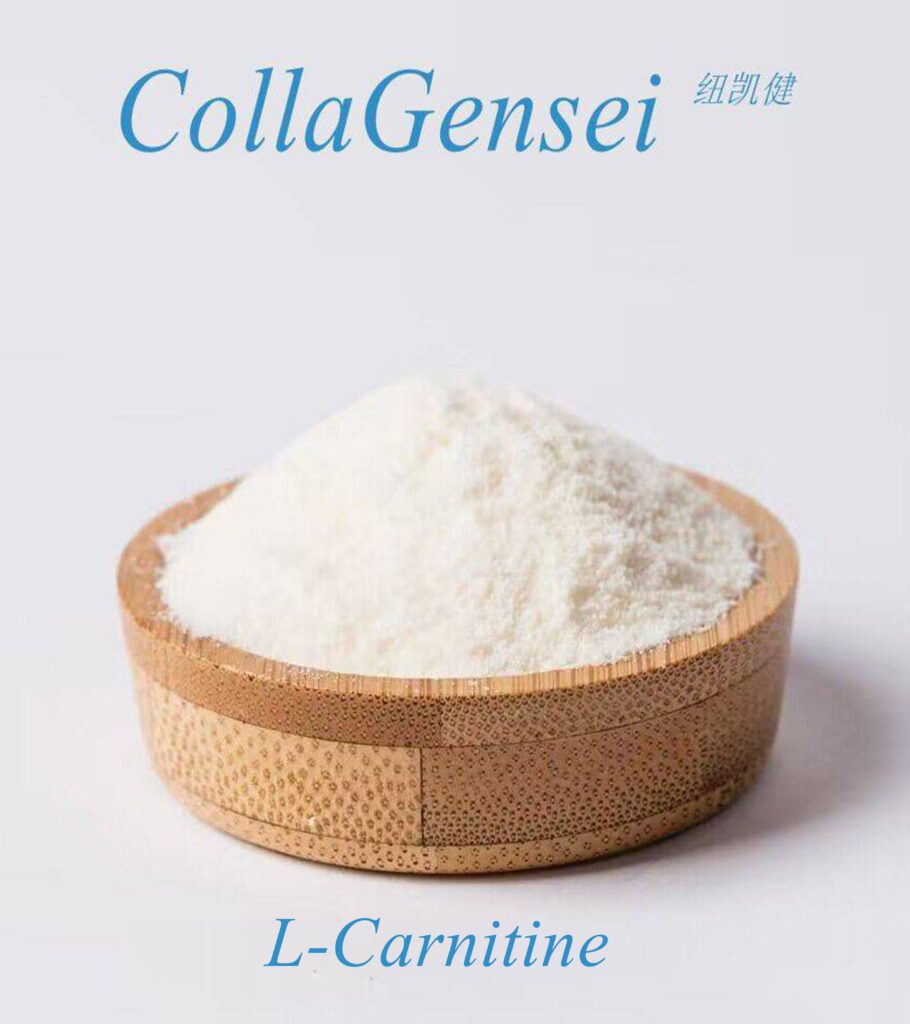What is Evening Primrose Oil ?
What is DHA Algal Oil ?
Both Evening Primrose Oil (EPO) and DHA Algal Oil offer distinct health benefits, primarily due to their unique nutrient profiles. Here’s a comparison of their properties:
Evening Primrose Oil (EPO)
- Source: Extracted from the seeds of the evening primrose plant (Oenothera biennis).
- Key Nutrients: The primary active compounds in EPO are gamma-linolenic acid (GLA), an omega-6 fatty acid, and a small amount of other omega-6 fatty acids.
- Health Benefits:
- Anti-inflammatory properties: GLA has been shown to reduce inflammation, which can be helpful in managing conditions like rheumatoid arthritis and eczema.
- Skin health: EPO is often used to treat conditions like eczema and acne, as GLA supports skin hydration and reduces irritation.
- Hormonal balance: GLA has been studied for its potential benefits in managing premenstrual syndrome (PMS) and menopause symptoms, due to its effects on hormone regulation.
- Joint health: EPO is sometimes used as a supplement for joint health due to its anti-inflammatory effects.
- Considerations: High omega-6 intake, in general, can be inflammatory if not balanced with omega-3 fatty acids. Therefore, it’s essential to take EPO in moderation, particularly if your diet already includes a lot of omega-6-rich foods.
DHA Algal Oil
- Source: DHA (docosahexaenoic acid) is a type of omega-3 fatty acid derived from algae (as opposed to fish oil, which is another common source of DHA).
- Key Nutrients: DHA is a crucial omega-3 fatty acid known for its role in brain health and cellular function. It’s typically found in high concentrations in the brain, retina, and nervous system.
- Health Benefits:
- Brain health: DHA is critical for cognitive function and brain development. It’s often recommended for pregnant women for fetal brain development and for older adults to support memory and cognitive health.
- Eye health: DHA supports the retina, and studies suggest it may help prevent macular degeneration and dry eye conditions.
- Heart health: DHA has been linked to improved cardiovascular health, helping to reduce triglycerides and lower the risk of heart disease.
- Anti-inflammatory: Like other omega-3 fatty acids, DHA has anti-inflammatory properties, which can help manage conditions like arthritis.
- Considerations: Algal oil is an excellent plant-based source of DHA, making it suitable for vegans and those who don’t consume fish. Since it’s derived from algae, it’s free from contaminants like heavy metals that might be present in fish oils.
Comparison Summary:
- Fatty Acid Profile:
- EPO provides omega-6 fatty acids (specifically GLA), which are essential but need to be balanced with omega-3s for optimal health.
- DHA algal oil is a source of omega-3 fatty acids, specifically DHA, which supports brain, eye, and heart health.
- Health Focus:
- EPO is often used for skin conditions, hormone regulation, and inflammation.
- DHA algal oil is beneficial for brain, eye, and cardiovascular health, and has anti-inflammatory effects.
- Suitability:
- EPO may be a better choice for those looking to manage skin or hormonal issues.
- DHA algal oil is ideal for cognitive health, heart health, and inflammation, particularly for those who follow a plant-based or vegan diet.
Conclusion
Which works better of Evening Primrose Oil and DHA Algal Oil?
Are Evening Primrose Oil and DHA Algal Oil equally effective for improving brain function?
Are Evening Primrose Oil and DHA Algal Oil similarly priced?
Are Evening Primrose Oil and DHA Algal Oil both effective for reducing inflammation?
Are Evening Primrose Oil and DHA Algal Oil equally beneficial for eye health?
Are Evening Primrose Oil and DHA Algal Oil both suitable for vegetarian and vegan diets?
Are Evening Primrose Oil and DHA Algal Oil equally effective for supporting cardiovascular health?
Are Evening Primrose Oil and DHA Algal Oil both easily absorbed by the body?
Are Evening Primrose Oil and DHA Algal Oil equally effective for improving skin health?
Are Evening Primrose Oil and DHA Algal Oil both suitable for pregnant women?
Are Evening Primrose Oil and DHA Algal Oil equally beneficial for overall omega fatty acid supplementation?
If you are interested in purchasing or want to learn more about high quality Evening Primrose Oil and DHA Algal Oil raw materials, please reach out to us at sales@collagensei.com. At Gensei Global Industries, we provide high-quality, FDA-certified raw materials that comply with ISO, HALAL, KOSHER, and MSC certifications. Our warehouses are strategically located in California and New York, ensuring a consistent supply for your needs.
The choice between these two oils depends largely on your specific health goals. If you need support for inflammation, skin health, or hormonal balance, EPO may be the better option. However, if you’re focused on improving brain function, heart health, or eye health, DHA algal oil might be the more beneficial choice.
Which one do you prefer to ? Evening Primrose Oil Or DHA Algal Oil ?




